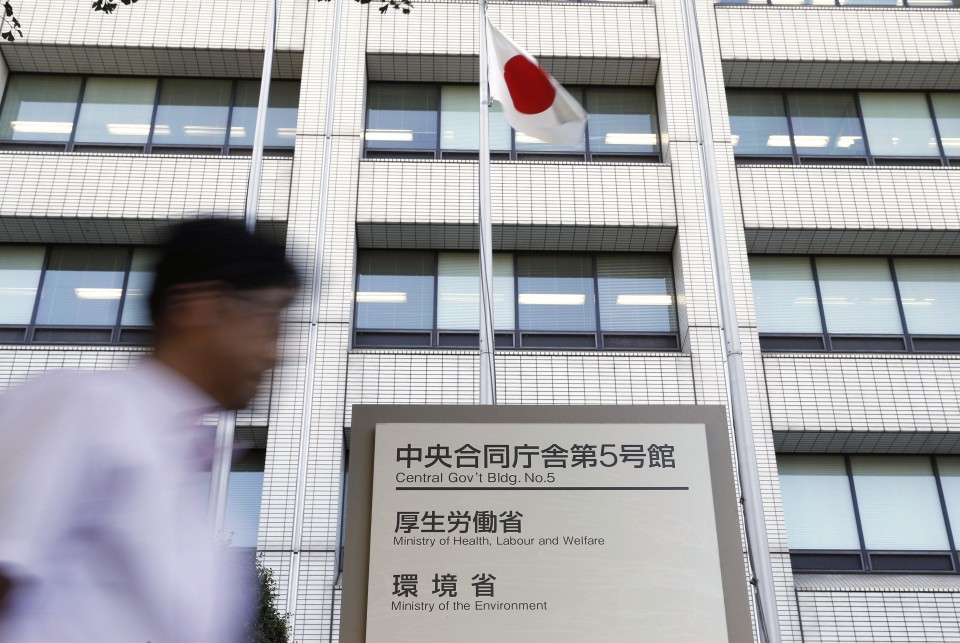Tokyo, 10 January, /AJMEDIA/
Japanese firms have been using proxy agencies to employ disabled people, hiring them to work for unrelated farming schemes in a move seen as a way to fulfill official disability quotas, a welfare ministry probe and a Kyodo News investigation found Monday.
Around 800 companies across the country have been renting farms from such agencies for approximately 5,000 disabled workers, with the produce often distributed to company employees instead of being sold, according to the investigations.
A dozen or so agencies operate a total of 85 farms across Japan, while the majority of companies that have hired disabled people to work at the farms do not specialize in agriculture, they found.
Although not illegal, the practice has garnered criticism, including in parliament, with the Ministry of Health, Labor and Welfare expected to devise measures against it by March.
Such agencies began popping up from around 2010, with the numbers of both them and farms steadily growing over the years.
The agencies act as a go-between, introducing disabled people and supervisors to client firms, while those firms that sign with the workers are charged a rate for the introduction of employees and use of the farm.
Employees — often those with intellectual or mental disabilities — may work on the same farm but each be paid by different companies.
As of the end of November last year, there were a total 85 farms in Japan, mostly centered around the Tokyo metropolitan area, Aichi and Osaka prefectures, as well as the southwestern island of Kyushu, according to a welfare ministry probe from January last year.
The farms are largely utilized by companies based in big cities including Tokyo, with some major companies listed among its users, the probe found.
They are believed to have become more prevalent as the government has raised quotas for disabled employees in recent years. The quotas, set for companies of a certain size, were 1.8 percent of employees 10 years ago and are now 2.3 percent.
If companies fail to meet the necessary numbers, they will be questioned about their compliance and may be at a disadvantage in bids for government and municipal projects.
The quotas are set according to a law stipulating that “based on the principle of social solidarity,” all employers have a responsibility to cooperate in providing workers with disabilities with “appropriate places of employment.”
“You can see companies’ thought processes of, ‘It’s a pain to have to hire disabled people, but we have to abide by the law,'” said Katsunori Fujii, head of the Japan Council on Disability.
Although the practice leads to the fulfillment of quotas, the low quality of employment essentially equates to the exclusion of the disabled workforce, he added.
However, its utilization can be financially beneficial. While monthly wages may total an average of just 16,000 yen ($120) at a welfare facility for the disabled, the pay can increase many times over when working for a company — usually to upwards of 100,000 yen.
Disability groups have nevertheless criticized the practice, with both houses of parliament requesting when the law was amended in December that the government consider asking businesses to not use the proxy agencies.







































